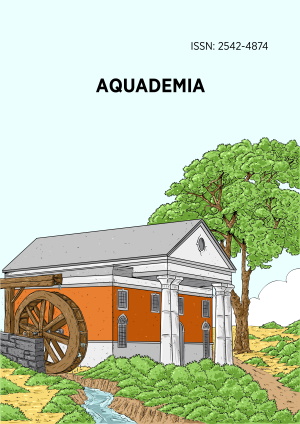Abstract
This study aims to assess the determinants of environmental sustainability among students from a tertiary education institution in Central Luzon, Philippines, during the COVID-19 pandemic. This study used a descriptive-correlational research design with the online survey as the primary data gathering tool. A total of 136 students participated in the online survey using the convenience sampling technique due to restriction protocols implemented by the government authority. For the instrument of the study, the researcher adopted and modified a previous instrument to fit with the study’s objectives. With the help of SPSS 23, the researcher computed and analyzed the gathered data using weighted mean, Pearson-r, and regression analysis as statistical tools. In general, the students were “very aware” of environmental sustainability. In addition, students “often” do waste and recycling activities, consume consciously, and save energy. Furthermore, statistical inferences revealed a weak – moderate positive correlation between waste and recycling activities, conscious consumption, energy-saving awareness, and environmental sustainability. For the determinants, waste and recycling activities and energy-saving awareness provided substantial evidence to influence the students’ environmental sustainability in the study. This study becomes a reference and basis for future research in the field of environmental sustainability.
License
This is an open access article distributed under the Creative Commons Attribution License which permits unrestricted use, distribution, and reproduction in any medium, provided the original work is properly cited.
Article Type: Research Article
AQUADEMIA, Volume 5, Issue 2, 2021, Article No: ep21011
https://doi.org/10.21601/aquademia/11444
Publication date: 24 Dec 2021
Article Views: 2184
Article Downloads: 2162
Open Access References How to cite this article
 Full Text (PDF)
Full Text (PDF)